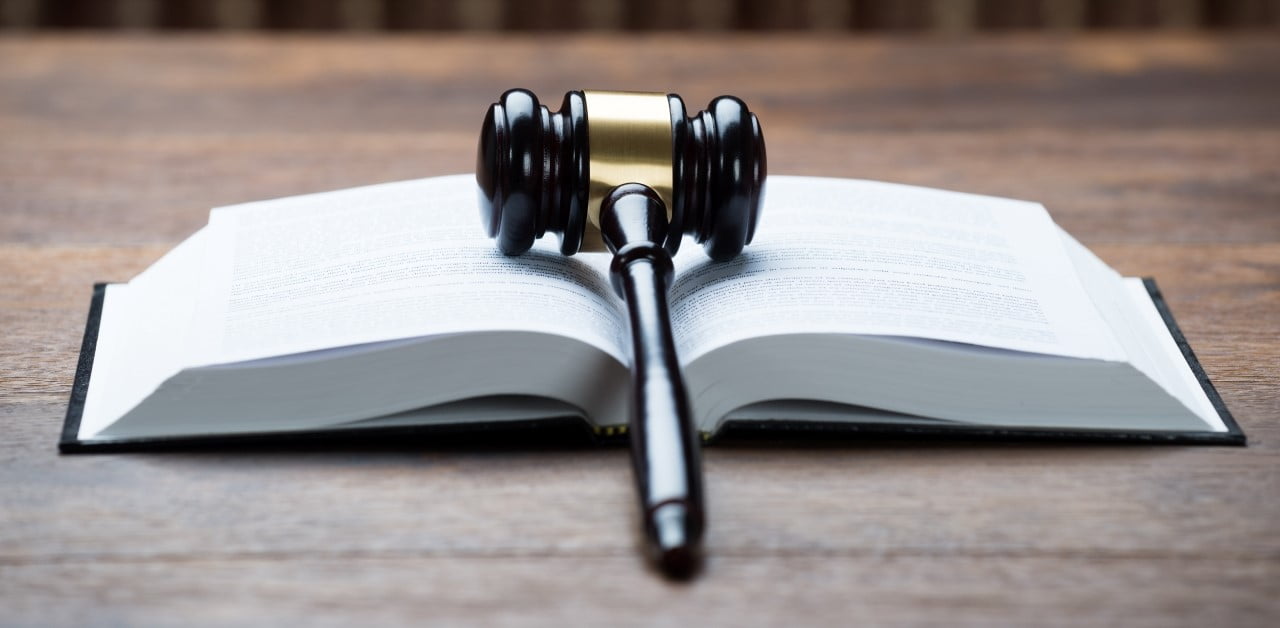Legal Implications of the Voice to Parliament
Written by Tammy Kamil.
On October 14 we will be voting on whether to include an Aboriginal and Torres Strait Islander Voice to Parliament in our constitution. This article discusses some of the phrases in the proposed amendment, and the legal implications as I see them. You are welcome to direct message me to continue the conversation.
‘Matters relating to Aboriginal and Torres Strait Islander peoples’.
One of the objections we often see is that the scope provided by the amendment is too wide, which will lead to the Voice impacting on matters in which it should not have a special say and causing Parliamentary delays.
Practically there are several factors that will limit the scope of representations to matters specifically relating to Aboriginal and Torres Strait Islander peoples. This will hopefully lead to meaningful change to close the gap between indigenous and non-indigenous Australians:
-
- Parliament will exercise its power under paragraph iii of the amendment to make laws with respect to the composition, functions, powers and procedures of the Voice.
- The Voice will not have unlimited funding and will need to decide what matters it has the resources for which to provide representations.
- Political influences such as the desire to make an impact on policy, and the Voice being an elected body, will likely direct representations to be on matters for which the Voice is likely to be heard, and that its constituents see as important.
- There is nothing in the wording that requires Parliament to follow the representations, and it can make decisions before representations are made, which should mean that Parliament is not unnecessarily delayed.
‘May make representations to the Parliament and the Executive Government of the Commonwealth’.
The ordinary meaning of a ‘representation’ does not indicate a veto power, or the ability to decide on behalf of Parliament.
The representations can only be made to the Commonwealth Parliament and the Executive. A positive legal consequence of being able to make representations to the Executive is that the Voice can have input into policy early on, which might help keep policy on track before it veers in unintended directions. An example of how this can work is evidenced by the reinstatement of the alcohol bans in Alice Springs in February 2023.
What is the role of Parliament and the High Court?
Parliament will make laws around the Voice, however ultimately these are subject to the interpretation of the High Court. We trust our High Court with these matters as part of living in a rule of law society, and it is fitting that the Voice should operate under the same hierarchy as the remainder of the constitution or other legislation.
The High Court’s role is most likely going to be with poor decision-making processes. If, for example, a minister outright refused to read the representation from the Voice, this is where there would be the most scope for High Court challenge. Decision makers must consider all relevant representations when making decisions, and so the High Court may have scope to review the process. The outcome however will not be for the High Court to direct a particular outcome, but rather that the decision must be made again, using the correct process.




